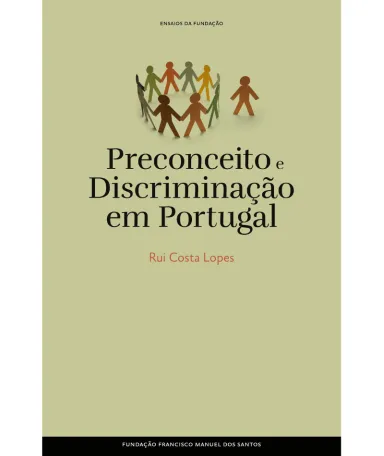

Prejudice and Discrimination in Portugal
No. 136 JANUARY 2024
What do you do when you don't like someone from the outset, without knowing anything about that person? Human relations, in all the cross-dynamics between individuals and groups, are marked by distrust and stereotypes. But where do prejudices take root and what makes them grow?
In terms of prejudice and discrimination, Portugal is a country of contrasts. For example, we have the highest percentage of respondents with racist beliefs, but we are the European Union country with the lowest record of racially motivated acts of violence.
This essay analyses the Portuguese problem of prejudice and discrimination from a social sciences perspective and also how the political and administrative authorities have addressed it. More than just pointing to solutions, it aims to encourage each citizen to reflect and engage in informed debate.
What do you do when you don't like someone from the outset, without knowing anything about that person? Human relations, in all the cross-dynamics between individuals and groups, are marked by distrust and stereotypes. But where do prejudices take root and what makes them grow?
In terms of prejudice and discrimination, Portugal is a country of contrasts. For example, we have the highest percentage of respondents with racist beliefs, but we are the European Union country with the lowest record of racially motivated acts of violence.
This essay analyses the Portuguese problem of prejudice and discrimination from a social sciences perspective and also how the political and administrative authorities have addressed it. More than just pointing to solutions, it aims to encourage each citizen to reflect and engage in informed debate.
More details
Dimensions
8.5 × 130 × 200 mm
ISBN
978-989-9153-37-0
